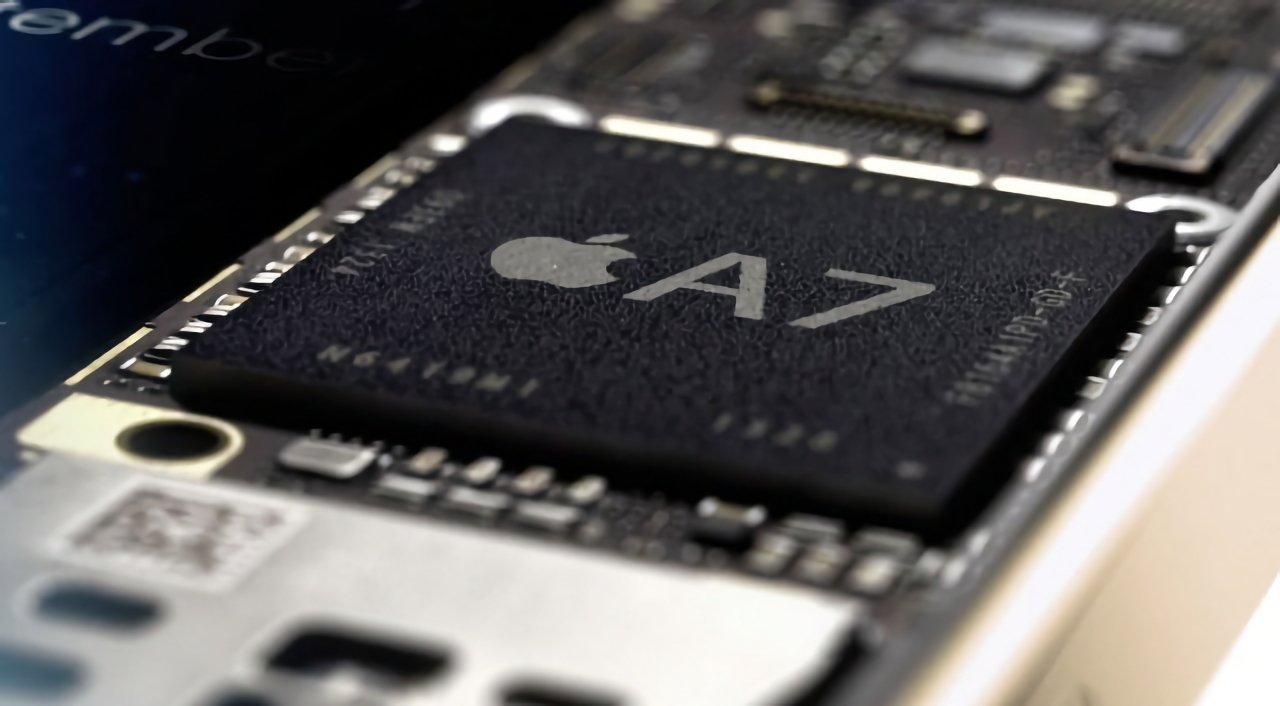University of Wisconsin denied new trial in decade-long chip patent battle against Apple
The ten-year legal battle between Apple and the University of Wisconsin may finally be over, with the university denied its latest attempt to regain half a billion dollars from the iPhone company.

Apple's A7 processor is among the ones included in the University of Wisconsin's patent case
The suit filed originally in 2014 concerned the iPhone 5s, iPhone 6 and iPhone 6 Plus, as well as a number of iPad models. According to the university's patent division, the Wisconsin Alumni Research Foundation (WARF), Apple infringed on its 1998 "predictor circuit" in its A7, A8, and A8X processors.
Apple denied the claim, saying that its processors worked differently to the method described in the patent. Nonetheless, in 2015, a Wisconsin jury found Apple guilty, and initially WARF was awarded $234 million.
Then in 2017, US District Judge William Conley increased that award to over $506 million. By 2018, however, Apple had successfully appealed.
The case continued, however, with WARF applying for a new trial. In 2022, Judge Conley this time ruled against WARF, saying it was not entitled to a new trial.
Now according to Reuters, the US Court of Appeals for the Federal Circuit has backed that lower court's decision. Specifically, it has rejected the university's argument that it should be allowed to raise a new infringement claim, saying that this claim should have been raised during the original trial.
Apple has not commented. But a WARF spokesperson said that the organization would now be reviewing its legal options.
The A7 processor that was part of the original suit was a particularly important one for Apple. It was the company's first 64-bit processor for the iPhone, making it markedly faster than its predecessors, and also sparking a race in the smartphone industry to catch up with it.
Read on AppleInsider

Comments
REgain? Apple stole half a billion dollars from them?